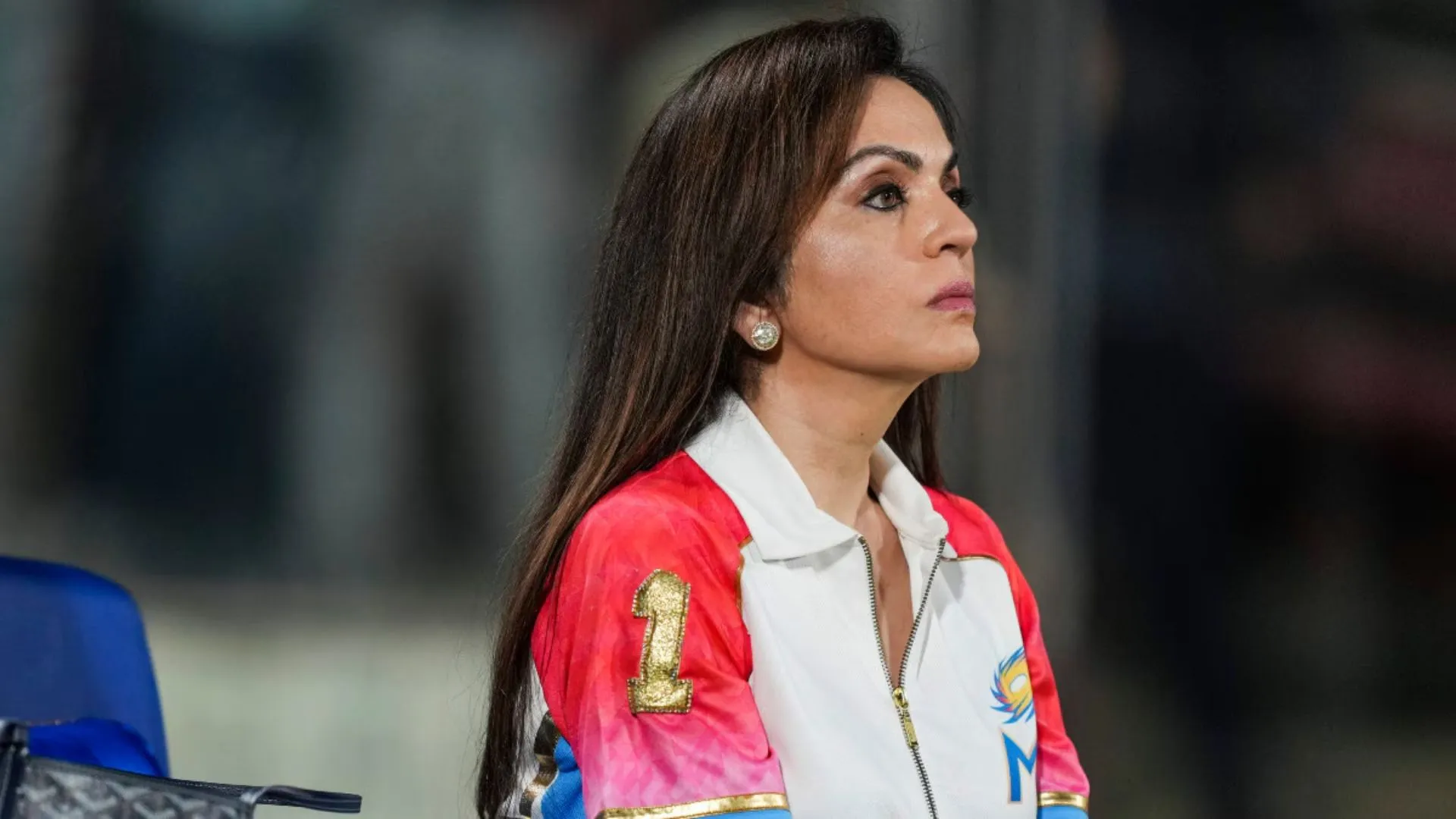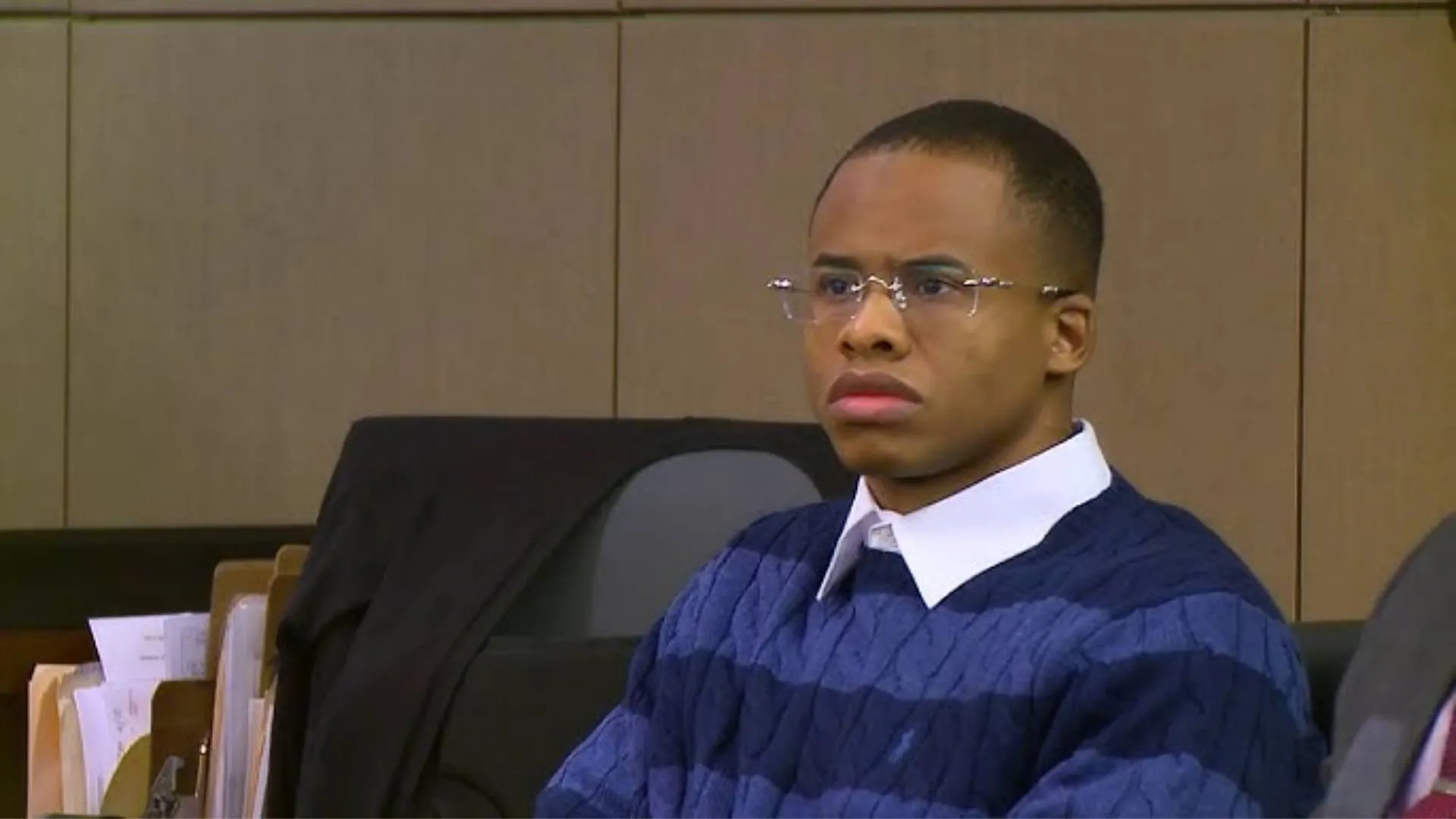Lebanon’s parliament has elected General Joseph Aoun as the country’s president, filling a vacancy that lasted over two years.
General Aoun, a 60-year-old career soldier and commander of the Lebanese Armed Forces (LAF), becomes the fifth army leader in Lebanon’s history to hold the presidency. He succeeds Michel Aoun, another Maronite Christian, though the two are not related.
Aoun’s presidency comes at a time when Lebanon faces immense economic and political challenges, as well as ongoing tensions along its southern border.
Who is General Aoun?
Born in Sin el-Fil near Beirut, Joseph Aoun joined the Lebanese Armed Forces in 1983 during the civil war. Rising through the ranks, he became a platoon commander in the elite army rangers in 1985 and received specialized infantry training in the United States.
Appointed as the LAF commander in 2017, Aoun has led the military through significant challenges, including a financial crisis that slashed soldiers’ salaries.
Under his leadership, the LAF launched a successful offensive in 2017 to drive out Islamic State militants from Lebanon’s border with Syria.
This operation earned praise from international allies, particularly the United States, which has provided over $2.5 billion in military aid to Lebanon since 2006.
Aoun also maintained the army’s neutrality during a year-long conflict between Israel and Hezbollah, despite heavy casualties among Lebanese soldiers.
Lebanon’s Presidential Election
The presidential election of Lebanon required two rounds of voting. Aoun fell short of the required 86 votes in the first round but secured 99 votes in the second.
Key to his election was the withdrawal of Hezbollah’s preferred candidate, Suleiman Frangieh, and subsequent backing from Hezbollah and its Shi’ite ally, the Amal Movement.
This development signals a weakened Hezbollah, especially after its significant losses in a recent war with Israel and the fall of its Syrian ally, Bashar al-Assad, in December.
Aoun’s election also highlights the revival of Saudi Arabia’s influence in Lebanon, a country long dominated by Iran-backed Hezbollah.
International pressure played a crucial role in securing Aoun’s presidency. French, Saudi, and U.S. envoys urged Lebanese leaders to elect a president to unlock desperately needed financial assistance.
“There is a very clear message from the international community that they are ready to support Lebanon, but that needs a president and a government,” said Michel Mouawad, a Christian lawmaker who voted for Aoun.
Lebanon in Crisis
Lebanon’s political paralysis, compounded by a devastating financial collapse in 2019, has left the country in a dire state. The World Bank estimates that the recent war with Israel caused $8.5 billion in damages.
Aoun’s immediate task is to convene consultations with lawmakers to nominate a Sunni Muslim prime minister, who will then form a new cabinet.
One of Aoun’s most pressing responsibilities will be to oversee the implementation of a 60-day ceasefire brokered by the United States and France between Hezbollah and Israel.
Aoun has earned approval from U.S. and Gulf officials for his leadership and reformist stance.
However, his presidency faces skepticism from Hezbollah, which has expressed reservations about his ability to govern impartially.
ALSO READ: Justin Trudeau’s Resignation Spurs Debate On International Student Policies In Canada























